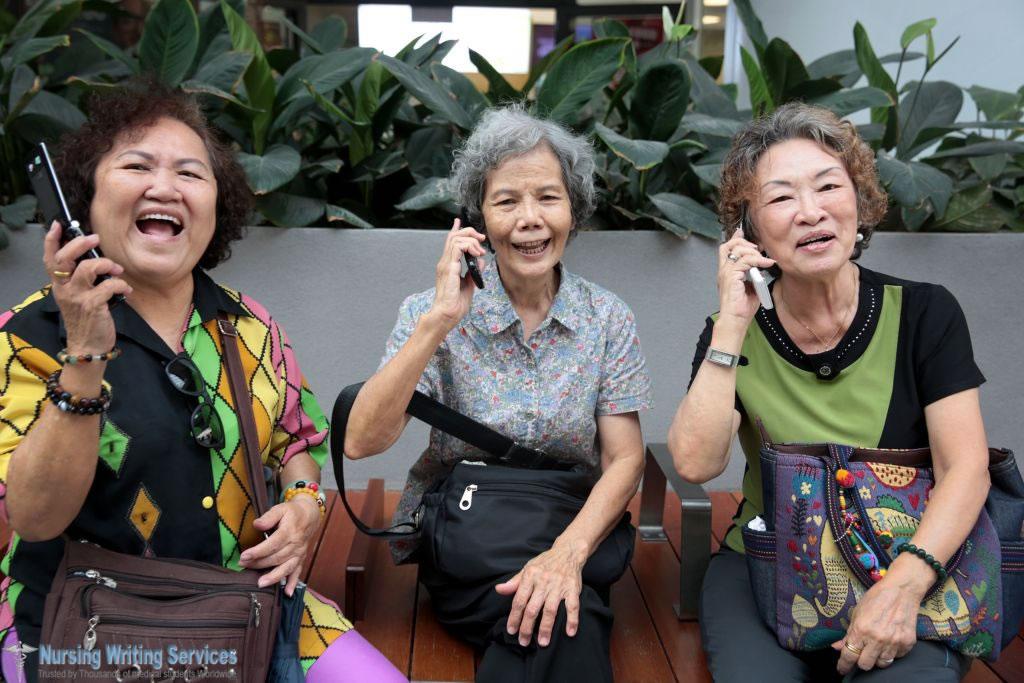
Falls in Older Adults with Mental Illness
Age is a crucial risk factor for falls, and older people are at the highest risk of serious injuries or even death due to a fall. It also becomes worse when an older adult has mental illnesses such as dementia.
These factors increase the risk of falls:
- Depression-Slowed performance
- Anxiety-restlessness and distraction
- Depressive symptoms – fatigue and lack of concentration
- Fear of falling –Maladaptive coping and restricted activities
- Overall psychological wellbeing-Feelings of loss of control and poor morale
- Mania and anxiety
- Treatment of mental health for example with electroconvulsive therapy or psychotropic medication
Falls in older adults who have mental conditions are a cause of higher health care costs than what it costs for a general population of the older people.
Older people with mental illnesses such as Parkinson's disease and lower body dementia are more likely to incur falls. The reason is that the conditions can cause changes in basal ganglia a part of the brain that is responsible for starting, timing and organizing sequences of movements. They cause the older patients to have a struggle in responding to changes in their environment such as a step or dip in the floor.
Risk Assessment for fall in Older Adults with Mental Illness
Adults who get admission to mental health inpatient units will be safer with a risk of falls to determine if it is likely to happen. If the doctor identifies a risk of falls, it will be simple to make arrangements for individualized multi factorial intervention strategies that help to minimize the risk of falls.
Falls risk assessments are not something to consider as a one-off thing. There should be regular reassessments during these times:
ALSO READ:BEST LEGIT NURSING ESSAY EDITING SERVICE
- Admission
- Transfer
- Soon after a fall
- Improvement or decline of a mental condition
- Routine checks as per guidelines by local health service
Falls In Older Adults with Mental Illness Medication Side Effects
Some medications might increase the risk of falls. For example, antipsychotic drugs can cause orthostatic hypotension side effect where a person experiences sudden drops in blood pressure after standing up too quickly.
Other medications that facilitate sleeping (hypnotics) might also cause persistent drowsiness that might increase chances of falls. Medicine that helps to lower blood pressure (antihypertensives) might also cause dizziness.
Falls in older mental patients also occurs to those in hospitals. The primary aim of placing them inpatient is to give much attention to their mental illness. Unfortunately, it causes an increase in the risk of falling in some patients. The treating team should consider falls risk when offering treatment.
Precautions to Minimize Injury
These actions help to prevent the risk of injuries for adults with mental illness as they are at a higher risk of falls:
1. Installation of monitoring systems
Placing monitoring systems such as motion sensors at strategic locations help to monitor the movement and alert if there is a fall or an unusual move.
2. Wearing of fall sensors
A waterproof sensor will trigger an alarm as a notification of a fall even when the person is taking a shower.
3. Hip protectors and airbags
Special underwear with built-in padding around the hips helps to cushion against fractures and breaks in case of a fall. The protectors are small enough to fit under clothing. Hip airbags are fixed on a unique belt on both sides for them to inflate if the 'sense' that the wearer is about to fall to cushion the impact of a fall. The difficulty of buying hip airbags is that they are costly.
4. Use of bed rails
An adjustable bed that is simple to lower or raise into appropriate position helps to place a patient in an area that is not too high to increase the risk of a fall when getting into or out of bed. Bed rails prevent rolling off a bed and are a place that patients can grip. Grab up rail around rooms or corridors, footwear with a grip and bright lighting help to eliminate the risk of falls for older mental patients.

